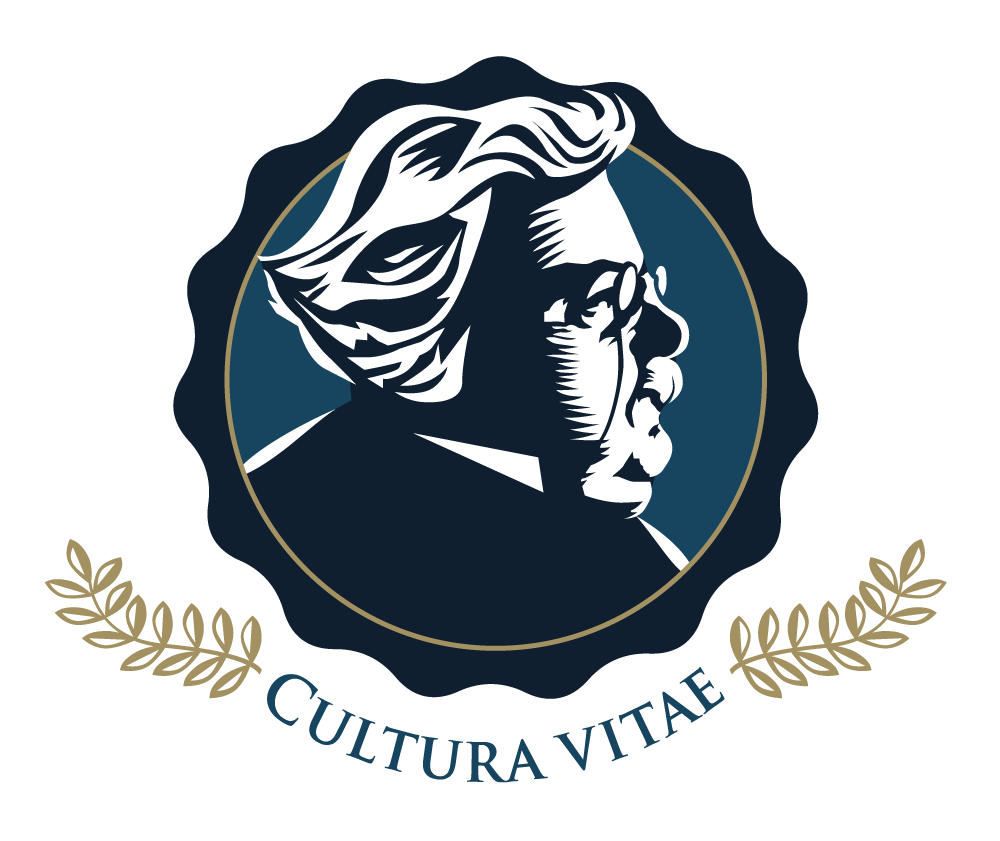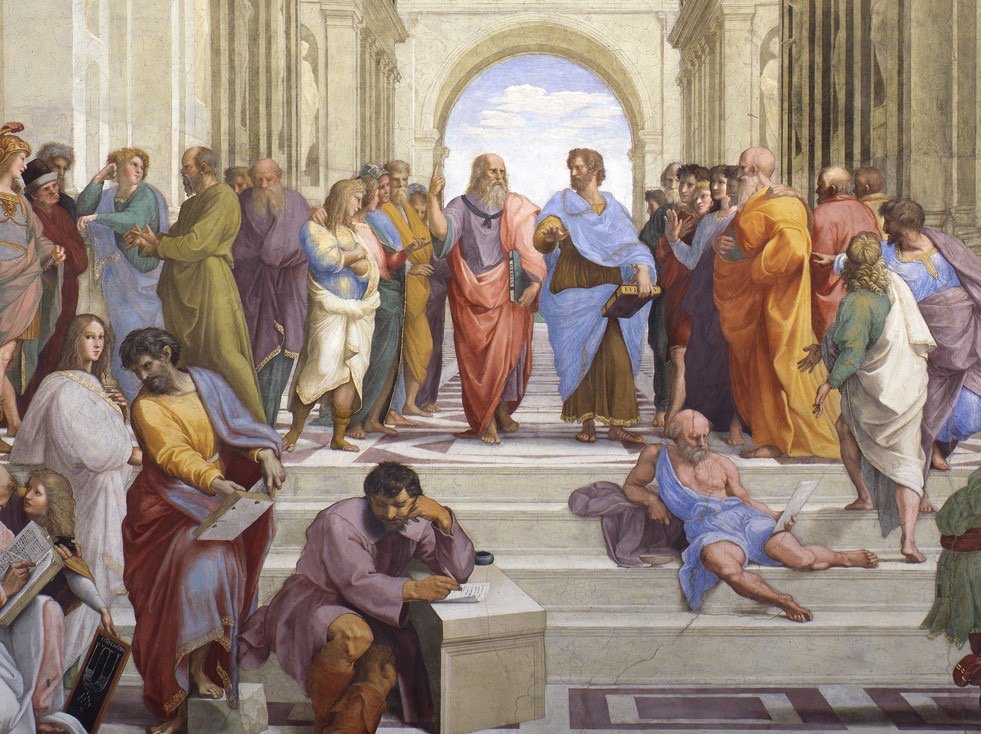Getting to Know the Headmaster - Part 2: Favorite Book
The School of Athens by Raphael
Plato’s Gorgias
When I am asked what my favorite book is, I always say Plato’s Gorgias even though I do not think it is the best book ever written. After all, I consider Plato’s Republic and Symposium to be superior dialogues, and of course the Bible, the Book of Books, is the best of the best. But my favorite book is the Gorgias because it first made me fully conscious of my desire to become Catholic. While a graduate student at the University of Chicago, I came across a used copy in Powell’s Books on 57th Street, and that night I read it straight through. When I finished, I was convinced that I had to change my life. Why? I found myself convicted by Socrates of leading a disordered life—a life that I thought was best, yet it was not what I truly wanted. This Socratic distinction, that we must seek what we want by nature as opposed to what we think is best, turned my worldview upside down. Socrates’ argument goes like this:
The wicked do not have the power they may seem to have. Power is the ability or capacity to obtain what one truly wants, not what one thinks is best. Now the wicked share with good men the desire to possess happiness; but the wicked fail to obtain this highest good because they are deceived by false appearances due to their mistaken notion of what is best for them. But the good men, who obtain what they truly want, have genuine power because they acquire what all human beings by nature seek: happiness. Therefore, we should not envy the wicked, but pity them instead.
In that same dialogue, Socrates also convinced me of the following:
Speech is ordered to truth rather than to verbal victory.
What is true is more persuasive than what is false.
It is better to be refuted than to refute another.
It is better to suffer wrong than to do wrong.
We must denounce ourselves when we do anything wrong.
We can know who is happy and who is not.
The political art is concerned with the care of souls.
A true orator must be just and know right from wrong.
The divine and human worlds are held together by the bonds of community, friendship, order, discipline, and righteousness.
In sum, I became convinced that there is a rational foundation for the Catholic Faith, and that the natural law articulated by the ancient philosophers, which is known to reason without the aid of revelation, prepared the world for and was perfected by the divinely revealed teachings of Jesus Christ. So I was very pleased to discover that the curriculum established by the Chesterton Schools Network gives a place of honor to Plato’s Gorgias, and I eagerly look forward to discussing this dialogue with our first class of students in the Fall of 2024.

